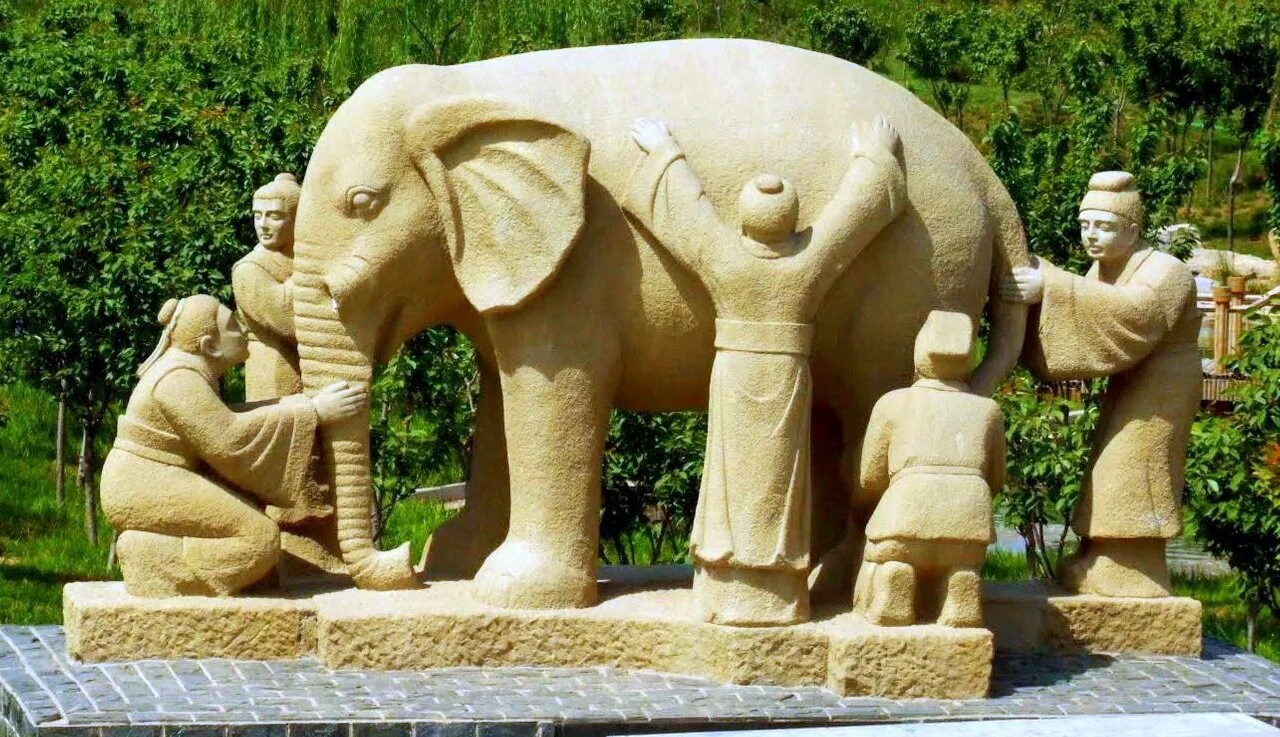An outsider’s view of elite and professional sport tends to assume that these environment are constantly engaged in ‘pushing the envelope’ in the relentless pursuit of better. The situation in reality tends to be quite different. Conventions and the pressure to conform to what others are doing have a powerful pull. Paradoxically the resistance to exploration and barriers to innovation are often more pronounced the highest level. Especially within professional sport those involved are acutely aware that their position is highly prized and job security at a premium. These conditions are naturally not conducive to taking risks or moving beyond the tried and tested. All of this helps to explain the abundant examples demonstrating that opportunities remain to gain significant competitive advantages and even some easy wins
Honing Professional Judgement and Decision-Making
Coaching is characterised as a judgement and decision making process. Practitioners and indeed most professionals who work in human performance are de facto coaches of humans. As such, the quest that unites coaches in different sports and practitioners across disciplines is to develop our professional judgement and our ability to make better choices and decisions over time. There is no endpoint to this journey and so the need to continually hone our judgement and decision making applies irrespective of what stage we are might be at in our career. That said, the question of how we best develop these skills for practitioners at the start of their career versus catering for these aspects in continuing professional development thereafter will likely require different solutions.
Beyond the Bubble: The Utility of a Neutral Third Party
One of the problems with our natural preference for those who think as we do is the tendency to find ourselves in an echo chamber. Leaders can of course combat this by recruiting for cognitive diversity, but even within a diverse group our thinking inevitably tends to become socialised as a natural consequence of spending time in the company of the same group of people. Our colleagues will also to some degree share the same biases and are subject to the conventions that are inherent to the sport. Professional sport in particular is a bubble - at present quite literally, but even under usual circumstances. It follows that it is important that we escape the bubble periodically. A related countermeasure is to strategically enlist a neutral third party to break up the usual routine and expose team members to perspectives from outside the bubble at regular intervals. Engaging with an outsider can serve a performance staff in a number of different ways as we will explore.
Triangulating a Position
As the value of cognitive diversity becomes more recognised, what is striking is how slow we have been to realise the need to revise our habitual ways of consuming information and interacting with those who hold contrary views. Whilst pioneers who think different are celebrated in modern western culture, in reality we are far less amenable to entertaining disagreement and diverging ideas. In the professional and academic realm we are quick to follow an authority and align with a school of thought. The hordes are likewise quick to leap into the breach to defend the doctrine against perceived challenge or dissenting views. If anything debates in all circles are increasingly polarised, as the assembled masses flock to either one side or the other. We might appreciate cognitive diversity on a conceptual level, but on a practical level we are clearly not there yet. So what steps can we take to enjoy the benefits of cognitive diversity and open our minds to the possibilities as we form our opinions?
The Evolving Role of Coaches and Coaching Beyond Sport
The Last Dance is a very recent example that illustrates how a glimpse into elite sport at ground level has the power to enthrall so many. In particular, the world of sport and coaching holds a fascination for leaders in business and commerce. Sport serves as a metaphor for much in the business world and the language used in meeting rooms across all sectors tends to be rife with sporting references. The growing use of the terms ‘coach’ and ‘coaching’ within organisations and different professional realms seems to be the latest example of this phenomenon. Or might there be more to this development?
Battling Hubris: The Perils of Success
Ascending to the top is a major accomplishment in any domain. But it could be argued that it is here that the greatest challenge begins. A number of teams have won the championship, but only a very small fraction are able to back up this success. Something about reaching the summit makes it less likely that those individuals will repeat the feat thereafter. Aside from the added motivation for opponents eager to knock the champions off their perch, the experience of success in itself serves to undermine our efforts and reduces the odds of subsequent success. With this post we take a deep dive into the paradoxical effects of success, identify what factors what should be vigilant for, and explore some potential countermeasures to increase our odds of sustaining success.
Finding a Way Under Lockdown
Given the global situation, and with many provinces under varying degrees of lockdown, we are presently faced with finding strategies for remote programming that continue to meet the needs of athletes who do not currently have access to facilities, and in some cases are confined to their homes. In particular, a major challenge we face is providing an adequate training stimulus with minimal equipment and space, to ensure strength and power qualities are maintained, rather than solely providing conditioning with body weight circuits.
Marshalling the Mind Under Stress
High stakes and heightened emotions are characteristic of competitive sport, particularly at the highest level. For those who operate in elite and professional sport the presence of stress seems ubiquitous. Coaches and athletes alike regularly face high pressure scenarios where there is a great deal of expectation and much riding on the outcome. Anticipation of an important event, such as a big game, major competition, or selection trials naturally inspire a host of feelings, thoughts, and emotions, ranging from excitement to anxiety and even dread, sometimes simultaneously! In this post we explore how we can equip ourselves and help our athletes to meet the psychological and emotional challenges we will inevitably face on the journey.
Clues for Successful Youth Sports Parenting
Parents play a vital role in supporting their child to participate in youth sport. Parents are quite literally the driver, providing both the opportunity and transportation. Youth sports parenting is a full time job in itself, demanding considerable investment in terms of both money and time. It is parental support that affords kids the opportunity to participate and derive the myriad benefits associated with youth sports, which span athletic, health, scholastic, and life skill realms. Naturally, parents are invested in their child’s youth sports participation, and this investment often leads to increasing involvement. Yet despite the best intentions there are adverse consequences when parental involvement or intervention becomes excessive. In this Informed Blog post we unravel the complexity and challenges of being the parent of a youth sports athlete, and attempt to offer some clues to help guide parents to walk this fine line at different phases in the youth sports journey.














